Approval of Medicines and Corruption: A Threat to Public Health in India
In India, the journey of a medicine from production to the market often involves a complex and opaque approval process. While many medicines go through rigorous testing and approval from regulatory bodies, some bypass the system altogether. This is frequently due to corruption and negligence, leading to dangerous drugs being sold to millions of people. These drugs, often later banned, pose significant risks to public health and safety.
Corruption and the Approval Process
Pharmaceutical companies, driven by profit, sometimes collude with government regulators to fast-track the approval of certain medicines. This results in inadequate testing and oversight. In some instances, companies use bribery, lobbying, and other corrupt practices to ensure their drugs are approved without proper scrutiny. Once these medicines are released into the market, their harmful effects become apparent—often too late.
This system of corruption not only undermines the integrity of the regulatory process but also jeopardizes the health of the public. Medicines that were once readily available in the market end up being banned after causing harm, leading to a lack of trust in the entire healthcare system.
The Impact of Dangerous Drugs on Public Health
The introduction of unsafe drugs into the market can have severe consequences. Patients, often unaware of the risks, rely on these medicines to manage their health conditions. When these drugs fail to work as promised or cause harmful side effects, the consequences can range from mild illnesses to severe health complications, even death in some cases.
The frequency with which medicines are banned after being released highlights the flaws in the approval process. Drugs that could have been prevented from reaching the market are instead distributed to millions, further exacerbating the public health crisis.
The Role of Regulatory Bodies and Negligence
Government regulators, who are meant to safeguard public health, often fail to enforce strict checks on drug approvals. This failure is compounded by negligence, inadequate resources, and sometimes outright indifference to the safety of the citizens. The result is a system that allows drugs with insufficient scientific evidence or unproven effectiveness to be sold without due diligence.
This corruption is not just limited to the pharmaceutical companies. The entire approval system needs reform to ensure that medicines meet the highest safety standards before reaching the public.
Conclusion
The approval of medicines in India is mired in corruption and negligence, allowing unsafe drugs to be introduced into the market. This has serious implications for public health, as many of these medicines are later banned after causing harm. For the health of millions, it is crucial to demand transparency, integrity, and strict enforcement of safety standards in the drug approval process. Only then can we protect the health and well-being of the nation.
Stay vigilant about the medicines you use, and always consult with healthcare professionals before taking any new treatment.
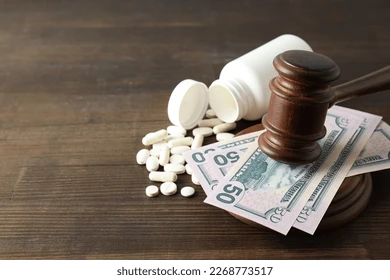
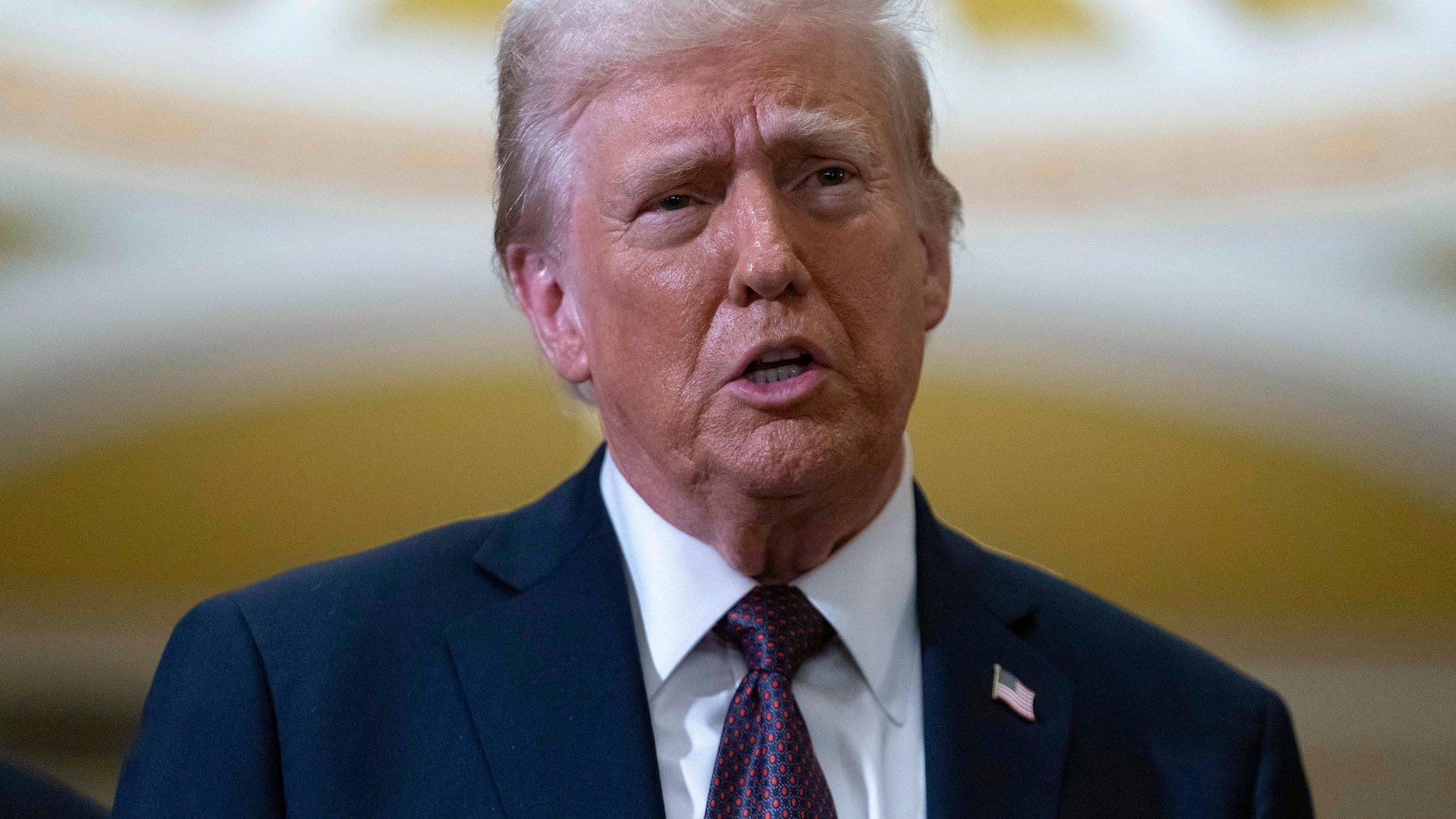
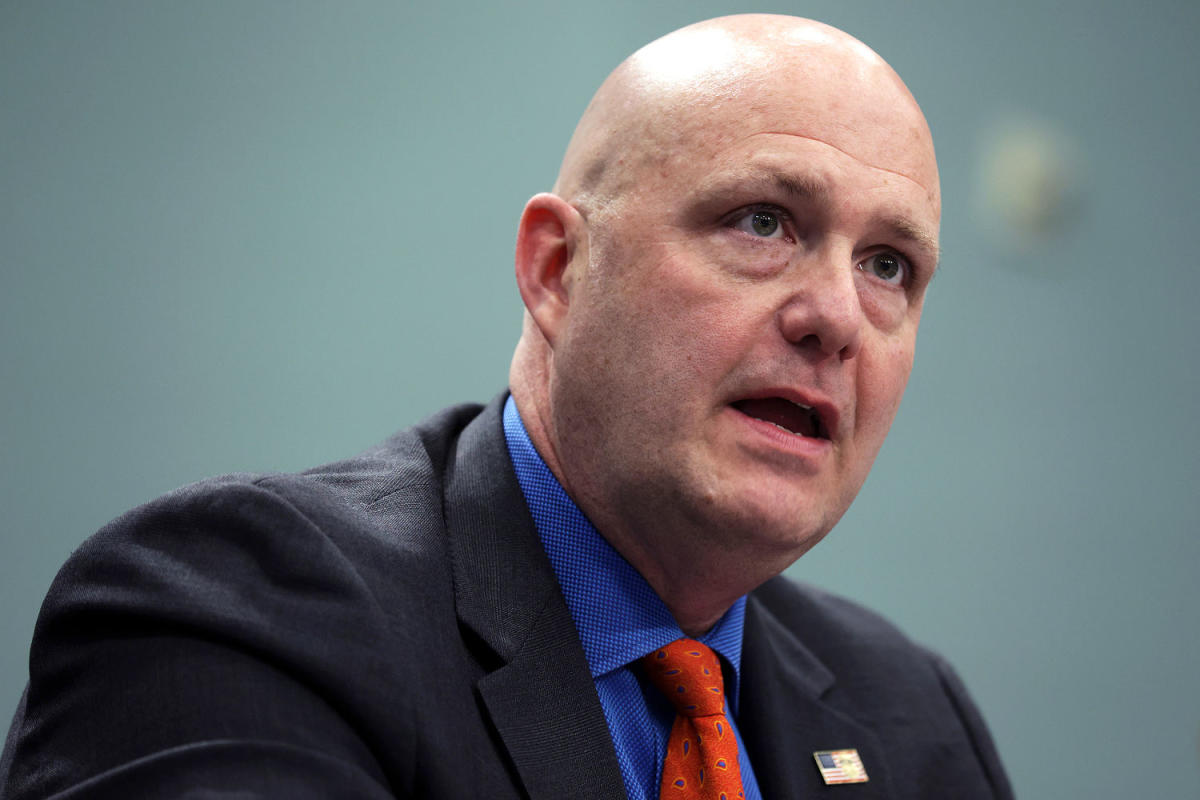
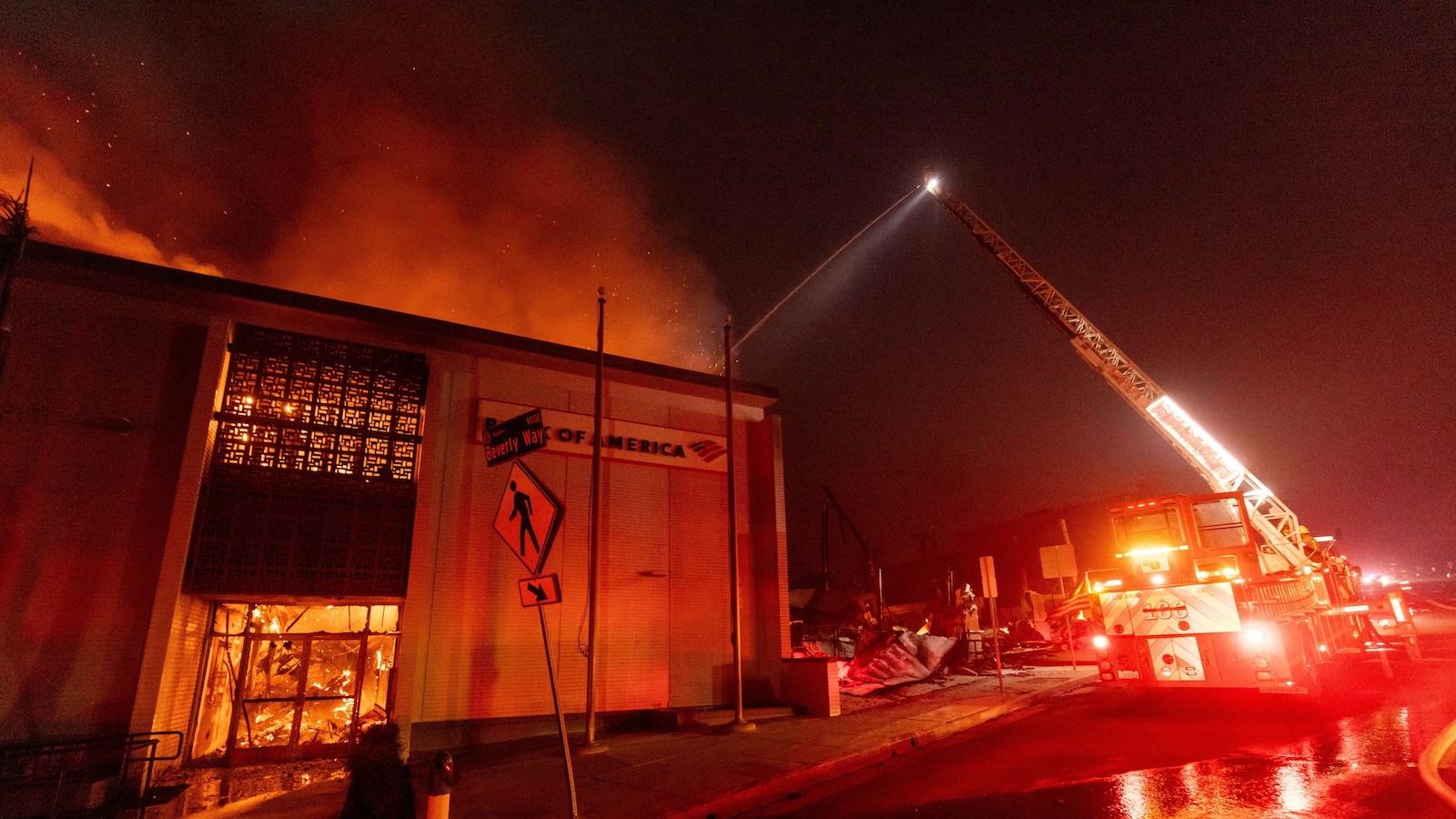

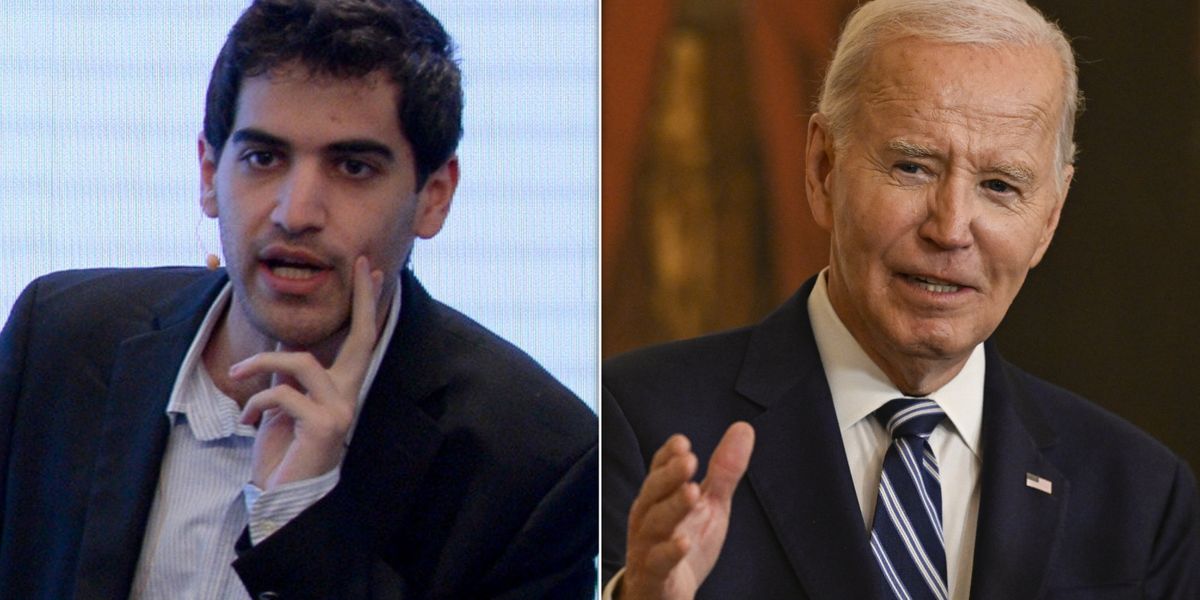

Leave a Reply